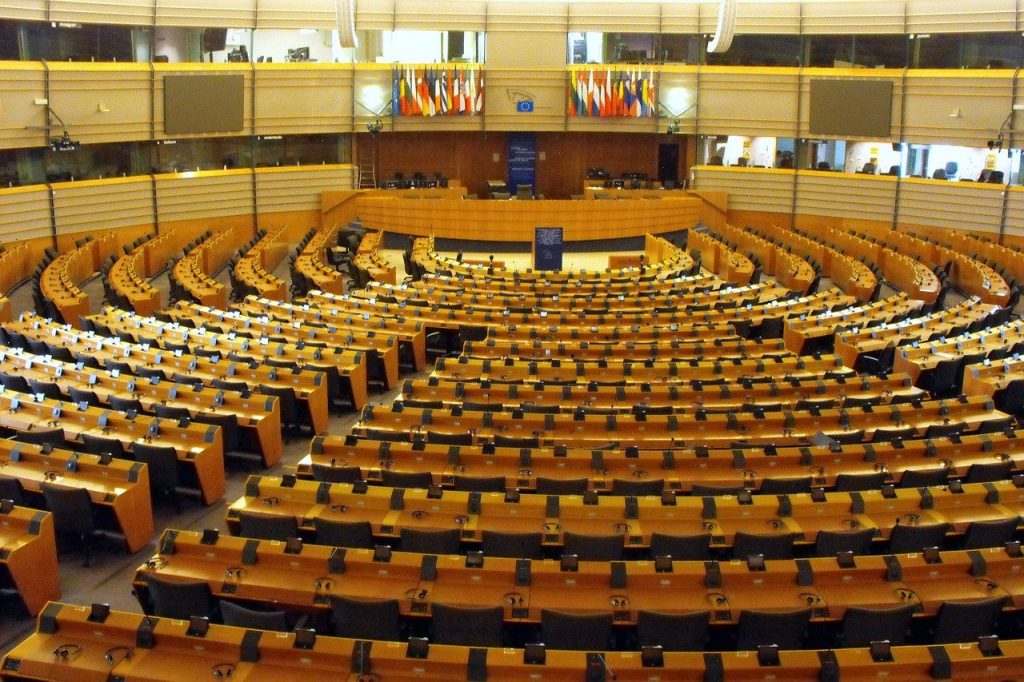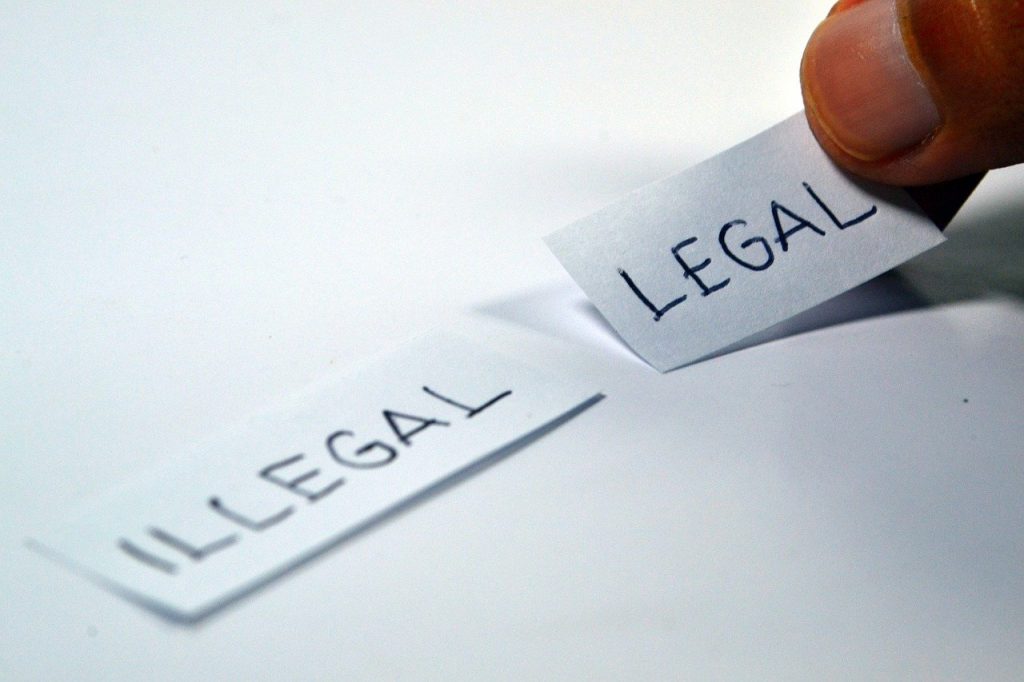
Europe creates laws for you
Translation by Mario Pena. Original article by Marelisa Blanco.
Relatively not long ago we were all losing our heads, we thought that with a European directive we were going to lose the Internet as we knew it, but we lost sight of a few rights that Europe had thought only for us, the content creators.
It is a curious but common thing: few of us noticed the fact that the European Union has intellectual property as one of its strategic lines in the digital environment.
A directive to lose your head… or to have it on straight.

That is, it wants to modernize the European laws of the member countries of the Union and that we content creators see our interests and the rights we have as artists protected.
We all know it, the creative world is quite touched, precariousness reigns here and there, a few manage to survive, others live very comfortably and, of course, we have cases of great success where some succeed in selling their products. Europe also knows this and is working on it, let’s see.
The Digital Single Market Directive.
Let’s start at the beginning.
A directive is a norm that emanates from the European Union and that binds the member states; once the European norm is approved, each country must carry out a “transposition”, that is, it must choose the form and the means to fulfill the specific objectives established in the directive.
Now that we know what a directive is, let’s look at this one in particular.

The objective of this directive I understand is twofold, on the one hand, continues to deepen the harmonization of copyright in the European territory, on the other hand, seeks that content creators can get returns on their creative work, including what is created for the Internet.
As it seeks to reinforce, the directive accentuates some rights so that authors can obtain a fair remuneration for the online dissemination of their works.
Principle of adequate and proportionate remuneration.
With such a bombastic title, Article 18 establishes that authors and artists who grant licenses or assign their exclusive rights for the exploitation of their works shall be entitled to receive adequate and proportionate remuneration.
When transposing the directive, states must take into account contractual freedom and a fair balance between rights and interests.
I find this article interesting for many new artists, as their prices are usually very low and sometimes they can find themselves in situations where the person who has contracted them gets a high economic return while the author can only see it from afar.
In the Spanish legislation there is already a similar mechanism when dealing with one of the forms of remuneration, the lump sum.

In case you opt for the lump sum remuneration you can exercise the “review action for unfair remuneration“, that is to say, when they earn excessive money with the work and the author has received a small sum (unfair, unjust) in comparison, you can review the contract and go to the judge to establish a fair remuneration.
To do this you have a term of 10 years.
A very graphic example: If you like video games I am sure you know the case of The Witcher, the video game saga popularized the books and got millions of euros in sales.
For his part, the original author of the work, who did not believe in video games, sold the rights to the books for the sum of €9,500 or €8,500 depending on the source you consult, a few crumbs compared to what was obtained by the Polish video game developer.
Note that I say the rights, in general, because it is seen that he sold the rights in batches without specifying the rights assigned.
We all know how the story ends: they reached an agreement and the game developer, CD Projekt red, will pay the author of Geralt of Rivia.
Mechanism for the adaptation of contracts.
The directive establishes that, in the absence of a collective agreement, states must create a mechanism for authors and artists to claim additional, adequate and equitable remuneration when the remuneration they initially received is disproportionately low compared to the total income derived from the assigned works.
This article follows the same line as the previous one, and reinforces the need for authors to receive fair amounts for their efforts.

Right of revocation.
While it is true that most contracts establish mechanisms to “break” the contract, an article that clearly establishes it is always welcome, and Europe has done its homework regarding the main problems of artists.
Thus, the directive establishes that Member States shall ensure that, when an author has assigned or licensed the rights to his work on an exclusive basis, and it is not being exploited, the author may revoke all or part of that assignment or license.
In this regard, as a practical example, I can comment on the typical case that enters the office:
An author of a book or a comic book has signed a contract where he assigns to a publishing house for 10 or 15 years the rights of his work, but after the first edition, a few years have passed where nothing is known about the exploitation of the work “because it does not sell.”

Many of the authors who come through the office read the law before, and usually ask for an extension of the knowledge acquired through the internet and ask what they can do, I think that if there is such a mechanism and it is clearly provided in the law will encourage more artists to take the step and move the work when they leave it forgotten in a corner.
My favorite common provision.
Of course it is all very well that a series of rights that strengthen artists are provided for in the law, but we did not count on the intelligence of the lawyers who work tirelessly to be able to favor our clients, in such a way that sometimes we make the counterpart feel or believe that he has no other options and that this is so.
Fortunately, the European legislator already smelled the story, and provides that no contract may prevent compliance with Articles 19, 20 and 21 and apply to the authors.

In other words, no contract may prevent you from enjoying the principle of adequate and proportionate remuneration, the contract adaptation mechanism or alternative dispute resolution procedures.
Conclusion.
The creation of content is a market that, as I said before, is sadly precarious, so the existence of mechanisms that strengthen the position of artists is always good news.
All the effort made by Europe is good news for us, the artists.
I hope that with these tools authors and artists can enjoy better economic conditions and that we can, together, build a market with decent conditions.
Marelisa Blanco, lawyer and cartoonist and Mario Pena (COO at Safe Creative).
March 22, 2021
